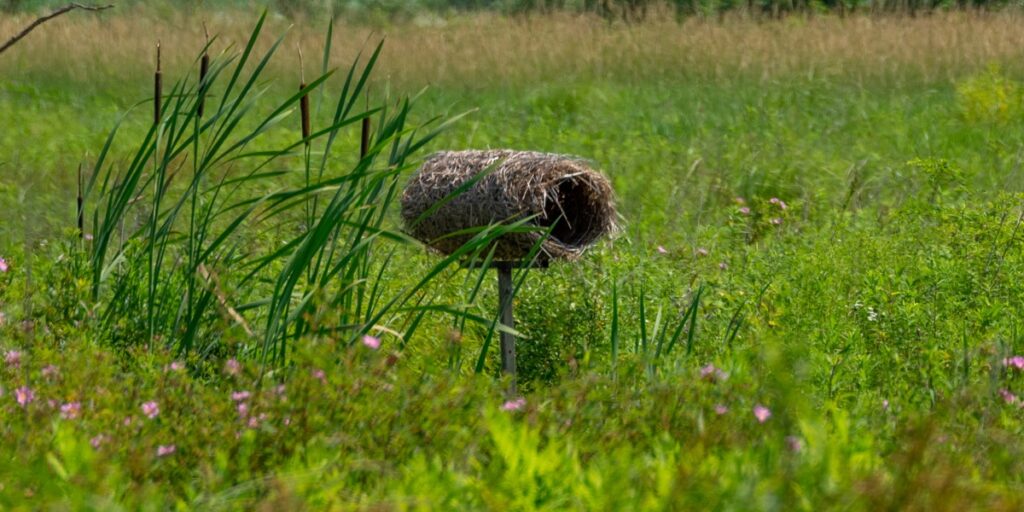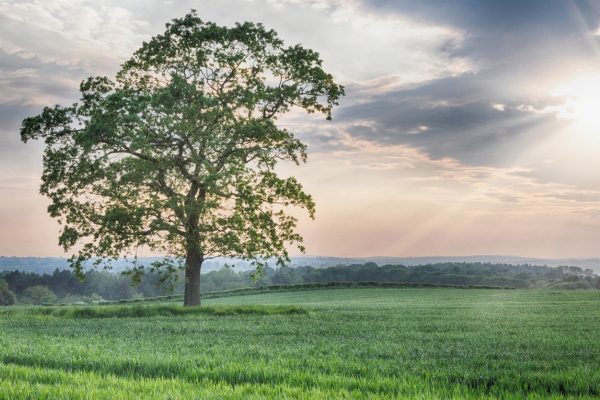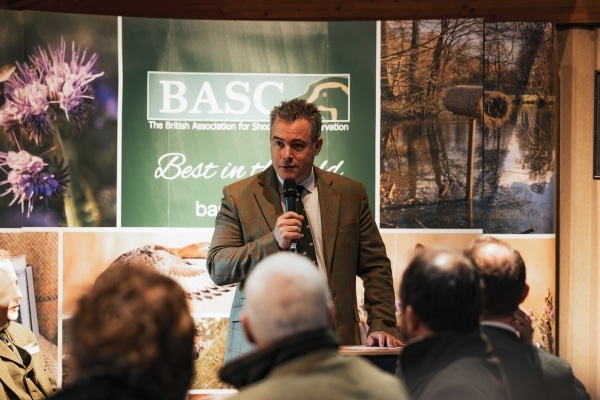
Record your BASC duck nest monitoring project findings
Whip out your notebook and start recording your duck nest tube findings to win a great piece of kit.
Get information on the legal shooting season for mammals and birds in the UK.
Apply for funding for your project or make a donation today
Comprehensive information and advice from our specialist firearms team.
Everything you need to know about shotgun, rifle and airgun ammunition.
Find our up-to-date information, advice and links to government resources.
Everything you need to know on firearms law and licensing.
All the latest news and advice on general licences and how they affect you.

A BASC delegation attended the annual Waterfowlers’ Network meeting in Finland recently and caught up on progress with the SOTKA wetlands project, funded by the BASC Wildlife Fund.
The annual Waterfowlers’ Network meeting, held this year in Finland, brought seven countries together to collaborate on an international stage. This northern European gathering united delegates under a shared goal: securing a future where waterfowl and sustainable shooting can thrive together.
Attending on behalf of BASC were the association’s executive director of conservation, Dr Matt Ellis, and head of wildfowl and wetlands, James Green. During the meeting, they showcased our approach to sustainable shooting and the creation of the Sustainable Shooting Code of Practice.
Dr Matt Ellis said: “Bringing together expertise from across Europe at the Waterfowlers’ Network meeting highlights the strength of international collaboration. It was a privilege to share BASC’s work on sustainable shooting and to see genuine interest in our Code of Practice.
“Taking a flyway-level approach provides the best chance of overcoming some of the issues affecting the UK’s wildfowl species. The potential to embed some of the principles within the code at flyway-scale is testament to the quality of the work undertaken by BASC’s expert teams.”
The trip also provided an opportunity to spend some time in the field seeing first-hand the value of financial support from the BASC Wildlife Fund and initiatives like it. The SOTKA wetlands project is a landmark wildlife habitat restoration effort, assisting breeding wildfowl species across the flyway.
The visit came nearly two years after a €45,000 BASC Wildlife Fund grant was awarded to the Finnish Wildlife Agency in 2023 to support the restoration and creation of three vital wetland sites across 47 hectares. The goal of the project is to bolster habitats for a range of wildlife, particularly wildfowl species that migrate to the UK each autumn.
The visit included stops at several of the project’s active sites, where dams and dykes have been constructed to retain spring floodwaters, an essential feature for nesting and breeding wildfowl. The range of sites visited demonstrated how restoration efforts can vary in approach, depending on the scale and type of habitat and funding available, yet remain consistent in their objectives.
Predator control is a key aspect of conservation efforts at the sites, and they employ an innovative approach under the HELMI predator management programme. This involves using thermal drones to spot and hunt raccoon dogs in the wetland reedbeds. There is also an extensive mink eradication programme in place.
The SOTKA wetlands project is a flagship initiative under the Finnish Wildlife Agency’s conservation agenda. The project not only focuses on environmental restoration but also serves as a model for future international collaborations. With climate change and habitat loss increasingly threatening migratory species, these transboundary efforts are becoming ever more vital.
The BASC delegation met with Finnish conservationists and project leaders to discuss the ecological impact of the work already completed, and the ambitious goal of establishing 40 wetland sites across Finland by the end of 2025.
“It’s inspiring to see such tangible conservation work underway,” said James Green. “Not only are these wetlands improving breeding conditions for local species, but they’re also directly benefiting the wildfowl populations that grace UK skies every autumn.
“This is a great example of how shooting and conservation communities can work across borders to deliver meaningful change. The BASC Wildlife Fund is proud to support projects like SOTKA that have both local and international significance.”
To find out more about projects supported by the BASC Wildlife Fund, or to show your support by making a donation, visit bascwildlifefund.org.uk.

Whip out your notebook and start recording your duck nest tube findings to win a great piece of kit.

BASC questions Natural England’s commitment to conservation amid failing licensing performance that threatens biodiversity.

“What sets us apart is that we’re not just spectators” – BASC chairman Eoghan Cameron shares his thoughts on the vital role of shooting’s people in managing the British countryside.